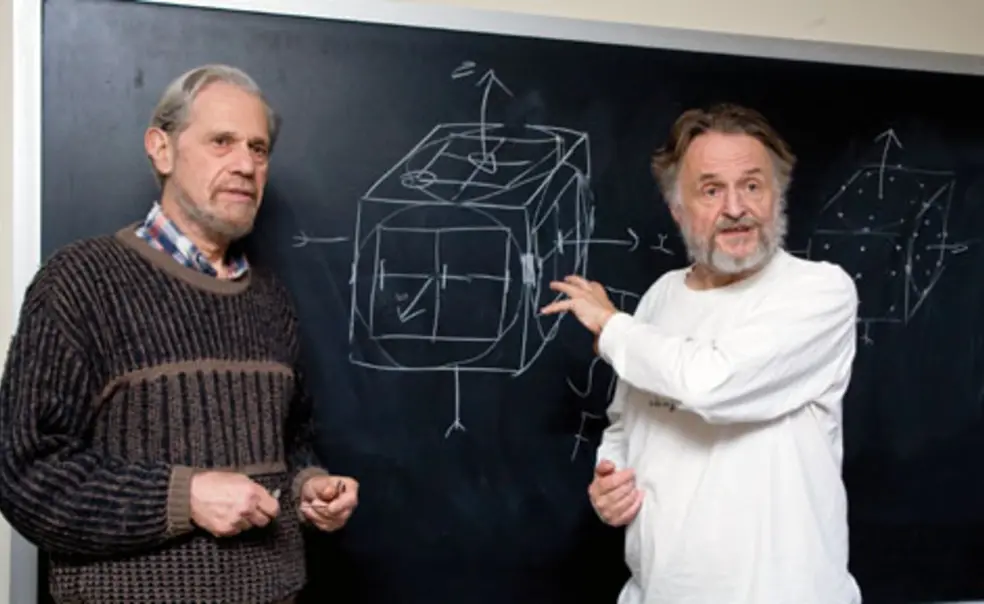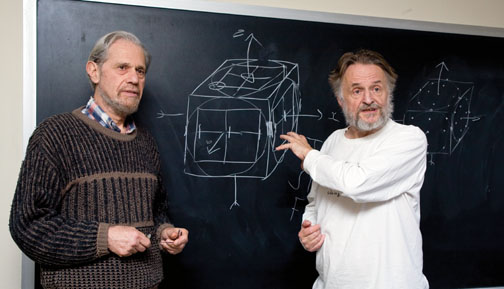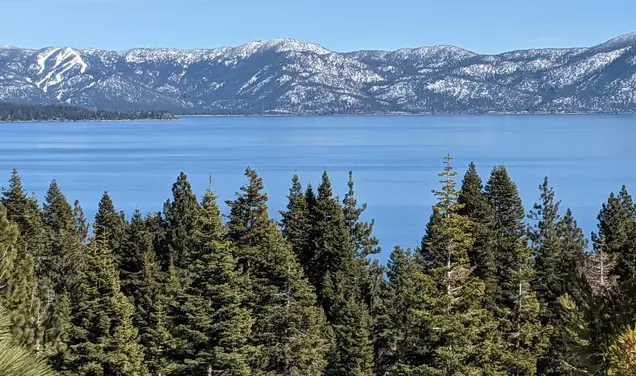Free will for particles
That may account for humans’ free will, mathematicians Conway and Kochen say
You may be much closer to the cutting edge of particle physics than you suspect. Just try the following quiz:
• Do you believe that a justice system designed to establish the facts of the case impartially and punish the guilty is fair?
• Do you believe in the efficacy of the scientific method (hypothesis, experiment, proof)?
• Do you agree with Dr. Pangloss (in Voltaire’s Candide) that “all is for the best in this best of all possible worlds”?
If you answered yes, yes, and no to these three questions, then you believe that gluons have free will.
Yes, those tiny elementary particles that make up all molecules along with leptons, photons, neutrinos, and such; actually, if you are free to choose, they all are, too. John Conway and Simon Kochen, professors in Princeton’s math department, proved it three years ago. The way they phrase it is a bit more precise: “If human beings have free will, then elementary particles have free will.” In fact, it turns out that our free will (if we have it) is most likely a product of our aggregated particles’ free will in the first place. Really.
This spring, Conway presented a series of six lectures in a packed McDonnell Hall to explain this proof to the general public. Conducted in his famed low-key but arresting style, the lectures contain nuggets such as:
• Why it can’t be proved that free will definitely exists in the first place (a nod to the determinists)
• How you establish experimentally that a particle has free will — you ask it a question (this has a Dr. Dolittle feel)
• Why the easiest way to conduct the experiment is to send your friend to Mars (blame Einstein)
• Why free will is different from a random event (in a word, timing)













No responses yet